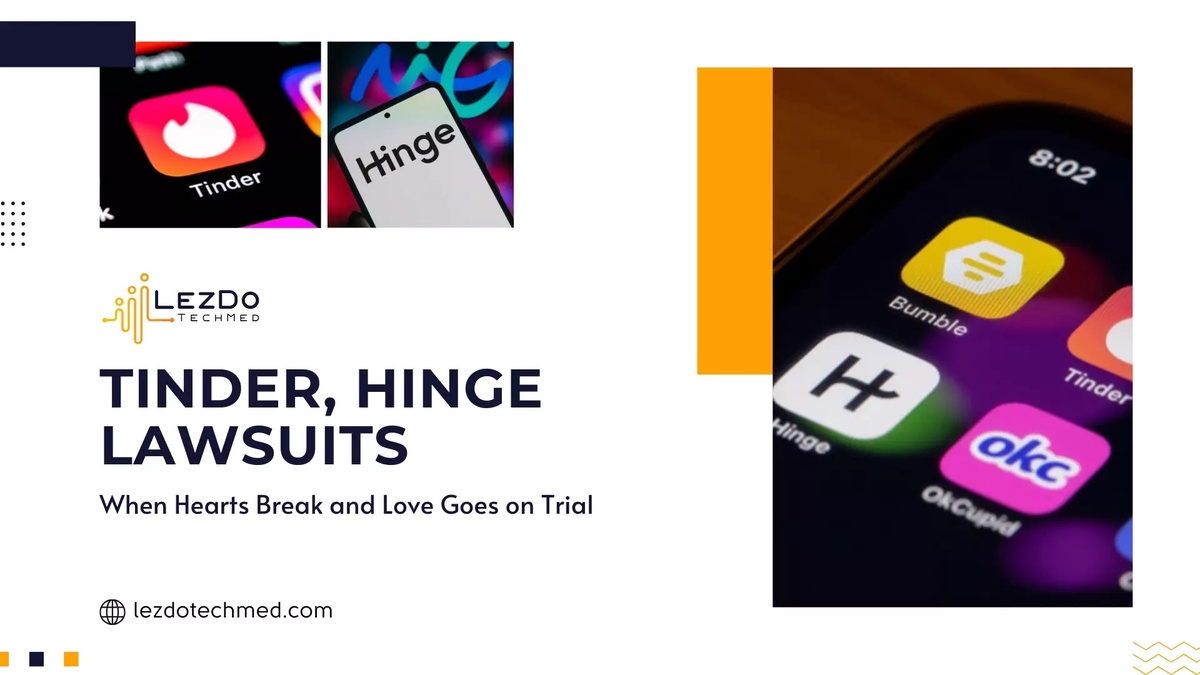Tinder and Hinge lawsuits stem from the situation where online dating apps become the modern equivalent of cupid, changing how people meet potential partners and the conversation around romance. Singles all over the world have taken notice of these apps because of the ease with which they can meet new people and the excitement they provide when making snap decisions.
As the forerunner of dating apps, Tinder gave users instant access to a large pool of possible matches and came to represent the fast-paced aspect of contemporary dating. Hinge, on the other hand, came on the scene with the goal of establishing deep connections by encouraging users to have meaningful conversations and to create more detailed profiles.
On Valentine's Day 2024, Match Group—the parent company of Hinge and Tinder—inexplicably became embroiled in a federal lawsuit brought by six plaintiffs. According to the lawsuit, Match Group purposefully created gamified and addictive features in its apps to trick users into spending money while putting business interests ahead of the sincere search for love.
The lawsuit targets the detrimental psychological effects that users of dating apps experience. When a match or like is found in these apps, dopamine, a neurotransmitter linked to pleasure and reward, is released into the brain. Users end up spending too much time on the app because they get dependent on this cycle of anticipation and reward. However, there are frequently bad moments as well, especially if the interest isn't reimbursed.
The plaintiffs are citizens of Florida, Georgia, New York, and California. They contend that Match Group's business strategy is "predatory" and that it turns finding love into an addiction akin to gambling. In a class-action lawsuit, Match Group is accused of breaking consumer protection laws in several states, including the Deceptive Trade Practices Law of Georgia, the Consumer Legal Remedies Act of California, the Deceptive and Unfair Trade Practices Act of Florida, and the General Business Law of New York.
False advertising allegations are also covered by the Tinder, Hinge lawsuit 2024. The plaintiffs point to Hinge's tagline, "Designed to be Deleted," which they contend is deceptive given the app's goal of retaining users by luring them into paying for premium subscriptions and extra features.


No comments yet